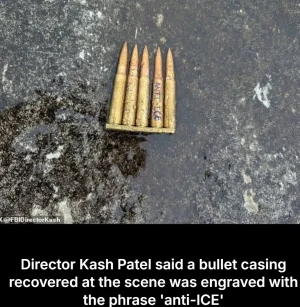I apologise if it seemed I was insinuating that the people who were mentally and emotionally impacted in this crime, or any other crime, are any less victims. That was not my intention but I can see how the way I worded myself may have come across that way.
I agree - they are also victims of crime, whether they were the intended targets or not.
However, let's not lose sight of who the IMMEDIATE victims were here. One person lost their life. Two others are fighting to keep theirs. Yes, the witnesses and victims who were unharmed yet present also suffered, but they also get to go home to their families tonight.
By definition, we are ALL potentially being constantly victimised every single day. That sort of use of the word "victim" is subjective to whether or not you feel traumatised and impacted by what you see, hear or read. It's a slippery slope if we're going to openly call every person affected by crime a "victim".
Rhetorical question: what do we call the casualties then, without sounding robotic and cold? If everyone is a victim of crime, how can we recognise when we're speaking about those who suffered the most?
There's a difference between being subjected first-hand to the crime itself and suffering because you witnessed a crime. Yes, both are victims, but it's important to have proper, clear verbiage to communicate who and what it is we're referring to.



